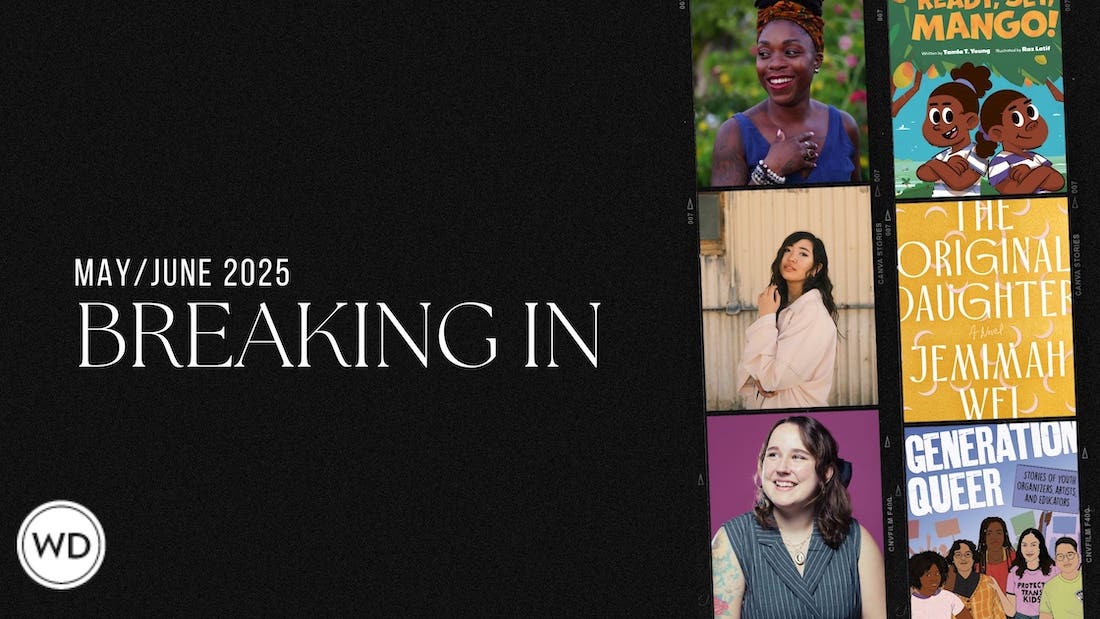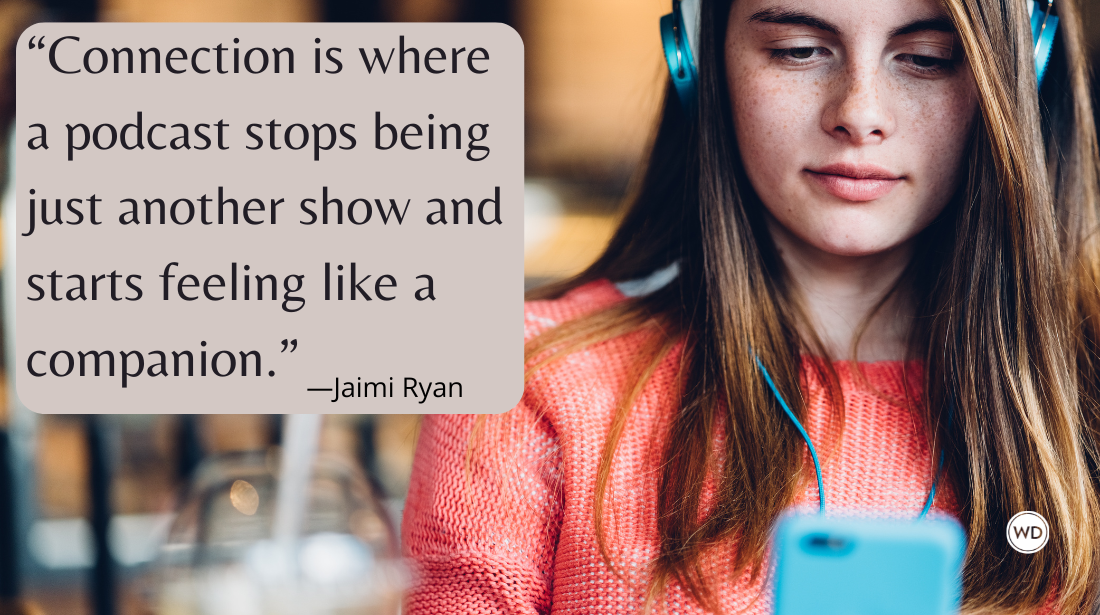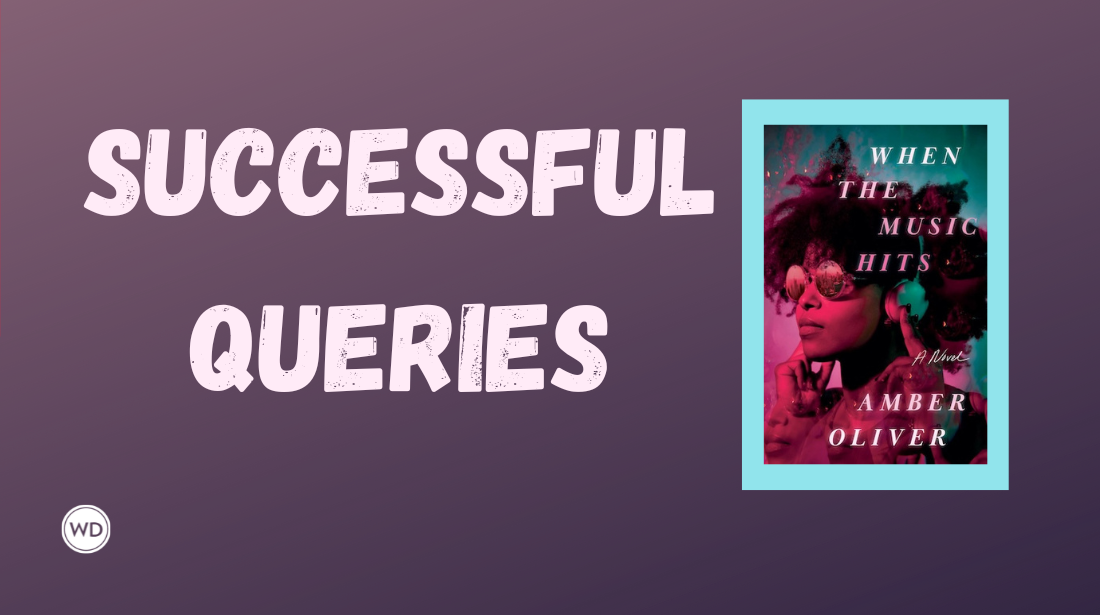Am I Boring? And Other Questions Imposter Syndrome Asks a Published Author
Award-winning author Erik J. Brown discusses imposter syndrome and how to overcome the common questions that it constantly asks writers, whether they’re published or not.
Self-publishing, indie, hybrid, traditional. Imposter syndrome eventually comes for all of us. It’s that voice that reminds us about all those other amazing books out there and in no way are we talented or equipped enough to compete.
We should just give up.
Stop writing. Let Coleen Hoover and James Patterson and ChatGPT just write all the books.
But that’s not true. We need stories from as many diverse backgrounds as possible because that’s what humans crave. For as many copies James Patterson has sold there are just as many people who have never read one of his books. You should write your book because you’re not James Patterson.
Of course, that imposter syndrome voice is always there and it’s always going to say the same things. So it’s time to combat that with logic, because if imposter syndrome is anything, it’s illogical.
Am I boring?
First off, yes. Absolutely. Everyone is boring including you. Now that we’ve gotten that out of the way, what can we do about it? Basically nothing. Because everyone is boring to someone.
You could write the most thrilling, exciting adventure full of romance and intrigue that wins multiple awards and becomes a bestseller. But there are still going to be people who say: “Oh, it was such a slog to read. How many car chases do you really need?” and you’re going to be like: “One! There was only the one!”
You could also write a book about a lonely widow who goes to the supermarket every Tuesday. And people will say: “Oh my God! We get it! She goes to the supermarket!” But there are going to be plenty of people who read and connect with your writing in the way you meant. They’re going to see how you made the produce a metaphor for life and how the characters staring into the freezers in the frozen food section are still looking for human connection.
Those readers are going to cry and realize all of the work you put into this book and when they finish, they’re going to immediately find all the other books you wrote and buy them. Those are your people. Write for them. Be boring for them!
Has this story already been told?
Of course it has! Every story has already been told. Terminator and The Matrix are the same story: AI take over the world and a chosen one is going to save humanity but an unfeeling machine is hunting them down. Deep Impact and Armageddon are about astronauts going into space to blow up an extinction-level space rock, and they came out in the same year. Avatar is Dances with Wolves with blue people!
Everything old is new again. But your story is different because you wrote it. Out of the above examples, there might be one that people prefer, but there are plenty of people who like both. If a similar idea comes out before your book is written, keep going.
Finish writing the story the way you imagined it and hope that other one does well. Because the fans of that story will then find yours. And then you get to pitch your book with “Grocery Store Widow is perfect for fans of Shopping Mall Single Dad!”
Am I a terrible writer?
Absolutely not! You thought I was going to say yes and have something clever to say about how we’re all terrible writers, didn’t you? Well we aren’t! That’s the imposter syndrome talking!
We’re all great writers because we write what moves us. We write what we want to read. That’s why we write those stories that we’re worried are boring or feel familiar. There’s no such thing as a ‘terrible writer’—except maybe five-year-olds. Five-year-olds are awful writers, but they’re new and still learning.
Think about the worst book you ever read. You probably think that writer is terrible, but someone bought that book. You may have even bought that book! You don’t like their voice or their writing style, but that doesn’t make them a terrible writer.
Order Lose You to Find Me by Erik J. Brown today.
So how do I shut imposter syndrome up forever?
Great question! Let me know when you find out. I think the answer is you never will. If you become an instant New York Times bestseller you’re still going to feel like an imposter. You’ll show up to a book event with a line out the door and wonder ‘Why are all these people here?’ You’ll sign a contract for your next three books and the whole time you’ll be waiting for your publisher to change their mind and rescind their offer. You’ll never be able to shut up imposter syndrome forever, but you can tell it to go away for now.
If you’re pre-publication, remind yourself why you write. If you’ve just published your first book, hold it in your hands and remember how proud you are of it—and if you aren’t you should be! If your fifth book is about to come out and you’re scared it won’t find its audience, just know there are people who pre-order your books as soon as you announce them. If you’re James Patterson, reach out to your ghostwriters and remind them they did a great job!
Imposter syndrome comes to bother all of us, we just need to sometimes embrace it with logic and get it to go away. At least until the next time we’re successful and it rears its ugly head.
Also, I changed my mind, ChatGPT is the only terrible writer.
Erik J. Brown is the award-winning author of All That's Left in the World. His second book, Lose You to Find Me, is a coming-of-age workplace rom-com out May 2023. When not writing genre-blending books for young adults, he enjoys traveling and embarking on the relentless quest of appeasing his Shiba Inu. He lives in Philadelphia with his husband.








